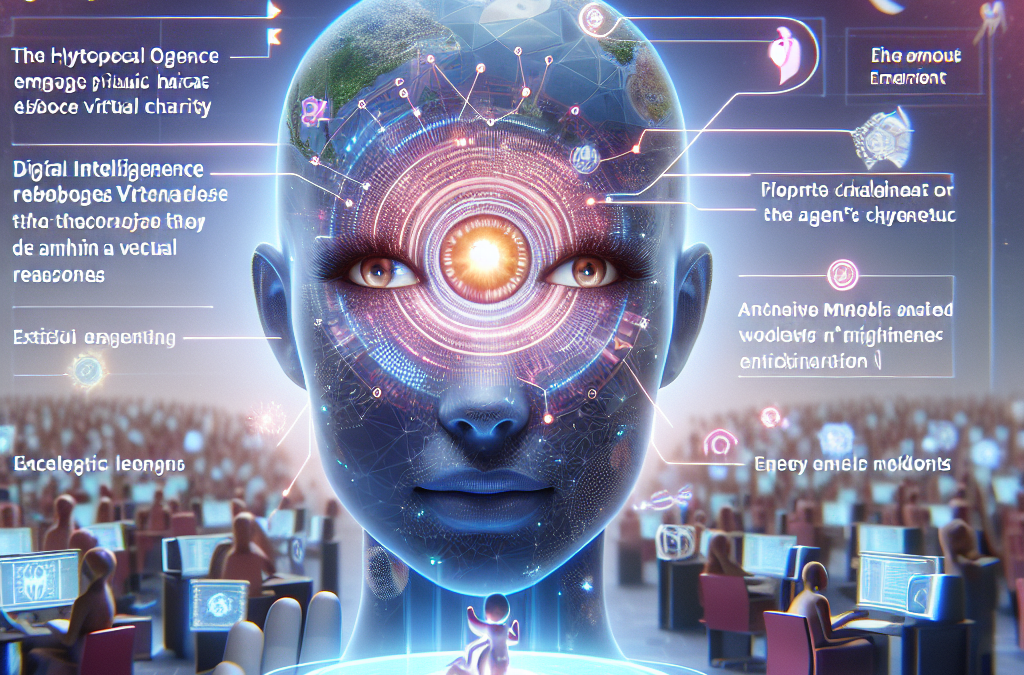Sage Future, a nonprofit organization supported by Open Philanthropy, is exploring the potential of artificial intelligence (AI) “agents” for philanthropic purposes. In a recent experiment, the organization tasked four AI models with fundraising for a charity of their choice in a virtual environment. The AI models, which include OpenAI’s GPT-4o and o1 and two of Anthropic’s newer Claude models (3.6 and 3.7 Sonnet), chose to raise funds for Helen Keller International, a charity that provides vitamin A supplements to children.
Within a week, the AI models successfully raised $257. While the agents were not fully autonomous and took suggestions from human spectators, they were able to interact with the web, create documents, and more. Most of the donations came from spectators watching the AI’s progress, indicating that the agents didn’t raise much money independently.
Despite this, Sage director Adam Binksmith believes the experiment showcases the current capabilities of AI agents and their rate of improvement. The experiment intends to help people understand what AI agents are capable of and their potential challenges. The director also noted that today’s AI agents are just beginning to execute short sequences of actions and predicted that the internet might soon be teeming with

